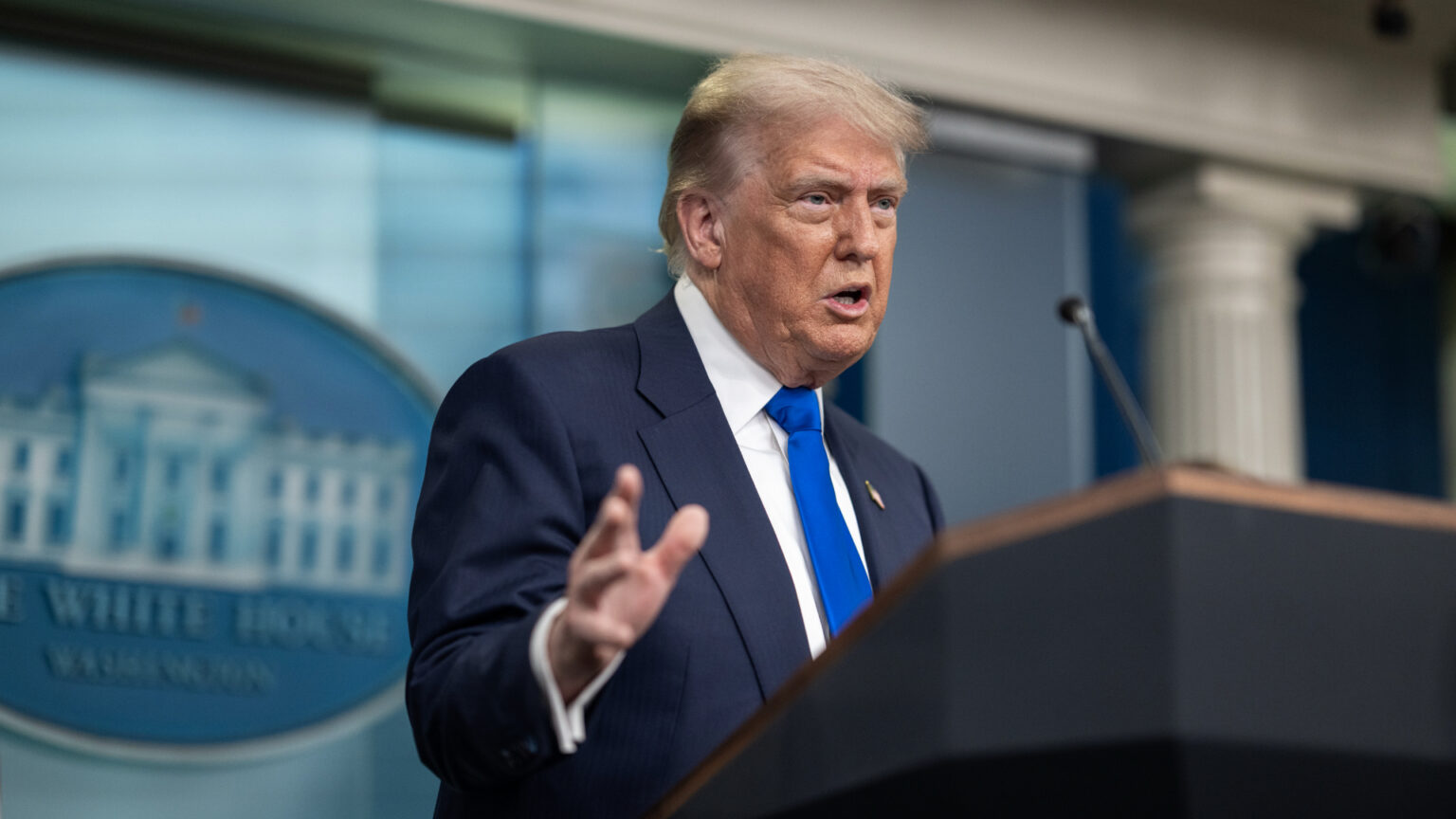The White House is making a decisive move to integrate the nation’s digital assets with the computing capabilities of the National Laboratories. The executive order signed by President Donald Trump on Monday, initiating the ‘Genesis Mission’, signals a clear shift in strategy: The US intends to use its federal scientific archives as fuel for a new generation of artificial intelligence.
At the centre of this initiative is the Department of Energy (DOE). Under the new guidelines, the department is tasked with creating an integrated collaborative system that connects the most powerful US supercomputers to the vast data sets held by the government. The plan is to build a closed-loop experimental platform. It is intended to be used not only to train fundamental scientific models, but also to directly control robotic laboratories, allowing research processes to be automated on an unprecedented scale.
Energy Secretary Chris Wright points to an important shift in emphasis. While the private sector has invested billions of dollars in the commercial development of AI, the administration wants to redirect this technological machine towards hard science and engineering. The key to success is expected to be the unique datasets, available only in national laboratories, which have so far remained an untapped asset in training predictive models.
The White House’s ambition is to radically accelerate the pace of innovation. Michael Kratsios, who heads the Office of Science and Technology Policy, points out that the aim is to reduce the discovery cycle from years to days or even hours. New AI agents are expected to automate the design of experiments and simulations in fields as complex as fusion plasma dynamics or protein folding.
This initiative is inextricably linked to the broader geopolitical context and technological rivalry with China. Since taking office, the Trump administration has consistently sought to deregulate the sector, repealing previous AI security restrictions put in place by predecessors to remove barriers to rapid expansion. “Mission Genesis” precisely targets these efforts at sectors critical to national and economic security, including biotechnology, quantum computing and nuclear power, treating data science sovereignty as a key element of US competitive advantage.












